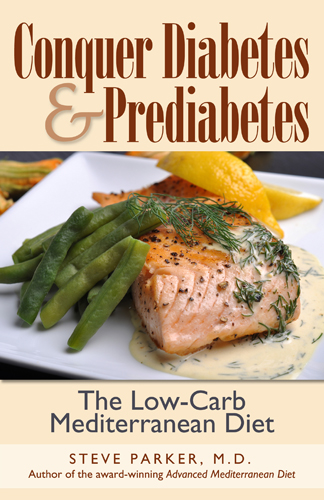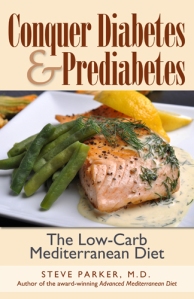
The title above sums it up. If you’re eating pasta frequently and trying to lose weight, you do have to be careful not to over-eat. In other words, you generally have to restrict calories. In the study at hand, I don’t know how many daily calories were allowed since I haven’t read the full report. Here’s the abstract:
Background & aims
The effect of pasta consumption within a low-energy [read: calorie-restricted] Mediterranean diet on body weight regulation has been scarcely explored. This paper investigates the effect of two Mediterranean diets, which differed for lower or higher pasta intake, on body weight change in individuals with obesity.
Methods & Results
Forty-nine volunteers finished a quasi-experimental 6-month two–parallel group dietary intervention. Participants were assigned to a low-energy high pasta (HP) or to a low-energy low Pasta (LP) group on the basis of their pasta intake (HP ≥ 5 or LP ≤ 3 times/week). Anthropometrics, blood pressure and heart rate were measured every month. Weight maintenance was checked at month 12. Body composition (bioelectrical impedance analysis, BIA), food intake (24-h recall plus a 7-day carbohydrate record) and the perceived quality of life (36-item short-form health survey, SF-36) were assessed at baseline, 3 and 6 months. Blood samples were collected at baseline and month 6 to assess glucose and lipid metabolism. After 6-month intervention, body weight reduction was −10 ± 8% and −7 ± 4% in HP and LP diet, respectively, and it remained similar at month 12. Both dietary interventions improved anthropometric parameters, body composition, glucose and lipid metabolism, but no significant differences were observed between treatment groups. No differences were observed for blood pressure and heart rate between treatments and among times. HP diet significantly improved perception of quality of life for the physical component.
Conclusions
Independent of pasta consumption frequency, low-energy Mediterranean diets were successful in improving anthropometrics, physiological parameters and dietary habits after a 6-month weight-loss intervention.
Steve Parker, M.D.



